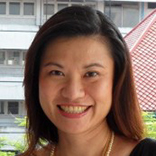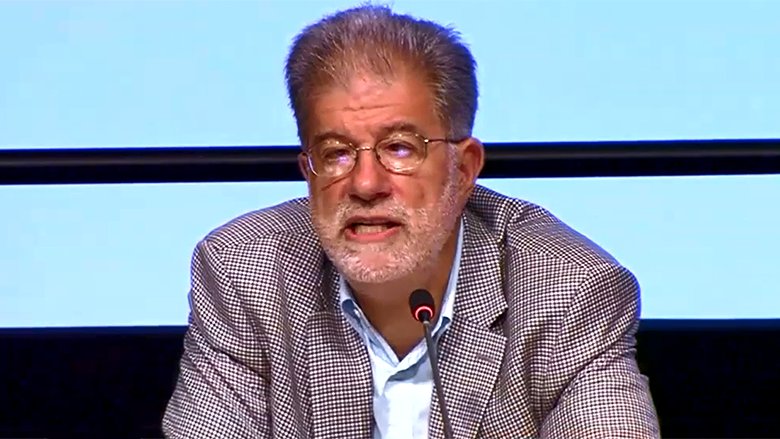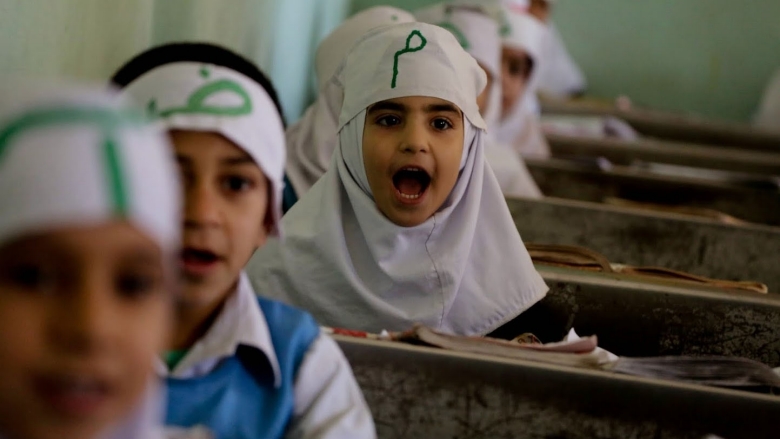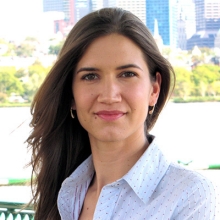“A few years ago we did not have a laboratory in our school and our lessons were limited to theory,” says eleventh grader Najla, 17, of the science laboratory, where the neatly organized shelves are filled with tubes for chemistry lessons and plastic models of human body parts. “We now use this laboratory and conduct experiments, following our lessons in chemistry, physics, and biology three to four times per week,” she says.
Students use the school’s well-equipped library to study and read books to which they might not otherwise have access. Although the enrollment at the school is high, all students enjoy regular access to the library services. The library has a catalogue of 3,000 books, including age-appropriate and popular books for students from first to twelfth grade.
Community participation
EQUIP has operated in Herat Province since August 2007, and covers 995 schools in all 15 districts of the province. To date, the project through two mechanisms—an Infrastructure Development Grant (IDG) and the QEG—has provided 719 schools with equipment funds, built 47 new school buildings, and founded four new schools in the province. The Mawlana Hatefi Girls’ High School, however, was built with support from World Vision, an international non-governmental organization.
In addition to providing these grants, EQUIP has fostered school management shuras(councils) to increase cooperation between the community and school. Parents, teachers, and students in higher grades are members of the shuras, allowing them and the school management to collaborate on school affairs.
At Mawlana Hatefi Girls’ High School, a school bank account was opened with help from the shura to enable the community to make donations easily, according to Asifa Moshfeq, the school’s principal. “Parents have also helped us significantly in greening the school yard and providing plumbing for sanitation in the school,” he says.
Abdul Jabar, an EQUIP supervisor, notes that the EQUIP grants and the school shurascreated under the project have brought parents closer to the school. “This has let parents assess the academic quality of the school and discuss with the teachers their concerns and problems,” he says.










